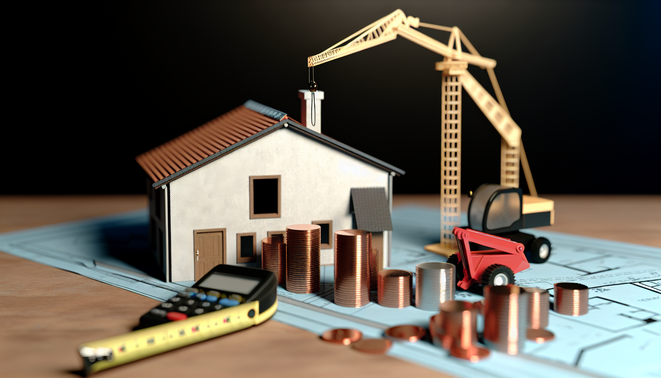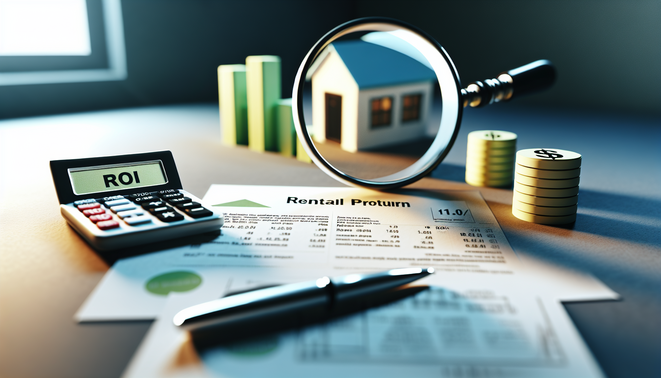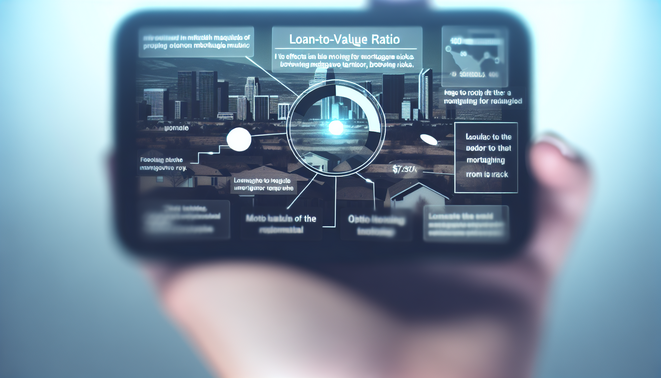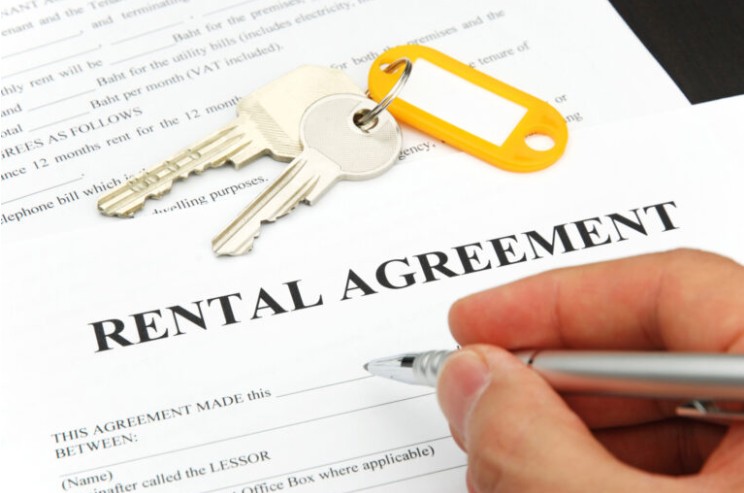How To Improve CIBIL Score For A Home Loan?
- 1 Understanding Your CIBIL Score
- 2 Timely Payments: The Backbone of a Healthy CIBIL Score
- 3 Strategic Debt Management: Clearing Debts Effectively For Better CIBIL Score
- 4 Reviewing Your Credit Report: Spotting Errors and Discrepancies
- 5 Actionable Tips for Continuous Improvement of Your CIBIL Score
- 6 FAQ
Understanding Your CIBIL Score
So, let’s talk about your CIBIL score. It’s that all-important three-digit number sitting between 300 and 900. The higher it is, the better your chances of snagging a sweet home loan deal. Lenders peek at this score to figure out how risky you might be. That’s why knowing how to boost that number before you apply for financing is a big deal.
| CIBIL Score Range | Risk Level |
|---|---|
| 300 – 549 | Very Poor |
| 550 – 649 | Fair |
| 650 – 749 | Good |
| 750 – 900 | Excellent |
Wanna bump up your CIBIL score? Here’s what you can do:
1. Keep Healthy Credit Habits: Use your credit regularly, and pay it off. This shows lenders you’re reliable (source).
2. Dodge Being a Guarantor: It sounds nice, but if the borrower defaults, it can tank your score (source).
3. Hold Off on Multiple Loan Applications: Too many requests look fishy and might raise a red flag to lenders (source).
4. Boost Your Credit Limit: Keep your usage low, preferably below 30%. This shows you’ve got your credit under control (source).
5. Check Your Credit Report Often: Spotting errors early can save your score (source).
Embrace these practices, and you’ll turn that understanding of your CIBIL score into real-world improvements in no time. Check out our article on CIBIL scores and home loans and get more insights from our guide on getting a home loan for further tips.
Timely Payments: The Backbone of a Healthy CIBIL Score
Let’s face it: paying your bills on time is super important for your CIBIL score. It makes up about 35% of your score! Yep, that’s the biggest factor. Late payments? They can sink your score. Here’s how timely payments can work wonders for you:
| Payment Method | Impact on CIBIL Score | Best Practice |
|---|---|---|
| Credit Cards | High | Always pay in full and on time |
| Loans (EMIs) | High | Try setting up automatic payments |
| Utility Bills | Moderate | Set reminders for those pesky due dates |
| Rent Payments | Getting more relevant | Think about reporting to credit bureaus |
To make your life easier, check out these tips:
1. Set Payment Reminders: Calendar alerts? Life savers.
2. Automate Your Payments: Seriously, just set it and forget it with auto-pay.
3. Tackle High-Interest Debts First: Pay those off to save some cash!
As noted by Paisabazaar, sticking to a regular payment schedule can really boost your score. Oh, and don’t forget to report utility and rent payments if you can—it’s trending these days. Dive into Standard Chartered India for more detailed strategies.
By adopting these practices, you can boost that score. Just know your payment schedules, and you’re good to go!
For more steps on tackling your credit score and gearing up for that home loan, visit our article on CIBIL Score and its Significance in Home Loan Approval.
Strategic Debt Management: Clearing Debts Effectively For Better CIBIL Score
Managing your debts is vital for your CIBIL score. When it comes to home loans, creditors are definitely looking at how you handle your debts. Here are some solid strategies to get your debts in check and naturally boost that CIBIL score.
1. Create a Debt Repayment Plan
Start by writing down your debts. Include everything: balances, interest rates, and what you’re paying each month. Consider using a repayment strategy, like the avalanche method—tackle high-interest debts—or the snowball method—knock out the smallest debts first. Make sure you set aside part of your income just for debt repayment. Here’s a quick template to frame your plan:
| Debt Type | Outstanding Balance | Interest Rate | Minimum Payment | Target Payment |
|---|---|---|---|---|
| Credit Card 1 | $2,000 | 18% | $50 | $100 |
| Personal Loan | $5,000 | 10% | $150 | $200 |
| Car Loan | $10,000 | 7% | $200 | $250 |
Consult places like Standard Chartered or ClearTax for extra tips.
2. Make Timely Payments
Don’t let those due dates sneak up on you! Automatic payments for at least the minimum can keep late payments at bay, making a positive difference in your CIBIL score. Showing you pay on time speaks volumes about your ability to manage debt.
3. Reduce Credit Utilization
Aim to keep your credit utilization below 30%. If your usage is high, it can hurt your score. Consider asking for a higher credit limit while maintaining the same spending—this lowers your utilization ratio and might just help that score.
4. Monitor Your Credit Report
Check your credit report for errors or discrepancies often; they can play havoc with your score. If you spot mistakes, report them to the credit bureaus ASAP. Use services from Paisabazaar to help you navigate this process.
By figuring out a solid plan to manage your debts, you can see a real boost in your CIBIL score! For more effective techniques, dive into other resources on why your CIBIL score matters.
Reviewing Your Credit Report: Spotting Errors and Discrepancies
You gotta keep an eye on your credit report if you want a solid CIBIL score. Errors can mess things up big-time. In fact, nearly 20% of folks have some sort of error in their reports—lowering scores by as much as 100 points! (Source: Standard Chartered)
Why Review Your Credit Report?
Regular reviews can help spot issues like:
| Issue Type | Impact on CIBIL Score |
|---|---|
| Missed Payments | Decrease of 50-100 points |
| Defaults | Decrease of 100+ points |
| Incorrect Credit Utilization | Decrease of 30-50 points |
Find something off? Let the credit bureau know right away. Fixing it usually takes about 30 days. Errors could be anything from wrong info to payments being reported incorrectly. Here’s how to boost your score effectively:
1. Understand Your Report: Get comfy with terms like credit utilization and payment history.
2. Dispute Errors: If you see mistakes, don’t wait—dispute them online with the bureau.
3. Maintain Good Habits: Pay your bills on time, and steer clear of unauthorized credit inquiries. This habit’s crucial for improving your score.
Best Practices for Spotting Errors
– Check your report at least once a year for free through CIBIL.
– Watch for unfamiliar accounts or inquiries.
– Verify if balances are synced up with your records.
By sticking to good credit habits and keeping your report accurate, you can improve your score. Incorporate regular credit checks into your financial routine for better credit health. You’ll find even more insights on financial management topics on our website, covering CIBIL score and home loan approval as well as factors affecting home loan approval.
Actionable Tips for Continuous Improvement of Your CIBIL Score
Enhancing your CIBIL score? Super important for snagging favorable credit terms and just feeling good about your finances. Here are some tried-and-true tips that will help break down how you can effectively improve your CIBIL score:
1. Keep Healthy Credit Habits: Regular credit use and prompt payments signal reliability to lenders. Keep credit usage under 30% to show you know what you’re doing.
2. Avoid Being a Guarantor: It might feel supportive, but if the main borrower falters, it can mess with your score. Better to be safe.
3. Limit Multiple Loan Applications: Too many inquiries can look bad. Try not to apply for loans all at once—stay steady.
4. Increase Your Credit Limit: Raising your limit while keeping spending consistent takes care of that credit utilization ratio and can help your score.
5. Be Timely with Payments: Always make credit card and EMI payments on time. This consistency is key to keeping your score healthy.
6. Check Your Credit Report Often: Regularly look over your report for mistakes or suspicious transactions that could mess up your score.
7. Limit New Credit Applications: New inquiries? They can ding your score. Keep things steady.
8. Opt for Longer Loan Tenures: Longer tenures can ease the monthly payment burden, making it easier to stay on top of your dues.
9. Mix Up Your Credit Types: A combo of secured and unsecured loans shows you can handle different credit styles responsibly.
By implementing these strategies, you’re likely to see that CIBIL score inch up over time, opening up better financial opportunities. Want more tips on how to improve your score? Check these resources out:
– Source: Standard Chartered
– Source: ICICI Direct
– Source: Paisabazaar
For extra insights, explore more articles on stepping up your home loan journey or securing that dream home, like the timing for home loans and enhancing your living space.
FAQ
- What is a CIBIL Score? A CIBIL score is a three-digit number that reflects an individual’s creditworthiness, ranging from 300 to 900.
- How is the CIBIL Score calculated? – It is calculated based on factors like credit history, amounts owed, length of credit history, new credit, and types of credit used.
- Why is a high CIBIL Score important? – A higher CIBIL score improves your chances of getting loans approved at better interest rates.
- How can I improve my CIBIL Score? – You can improve your score by making timely payments, reducing credit utilization, and regularly reviewing your credit report.
- How often should I check my credit report? – It’s advisable to check your credit report at least once a year for accuracy and errors.













